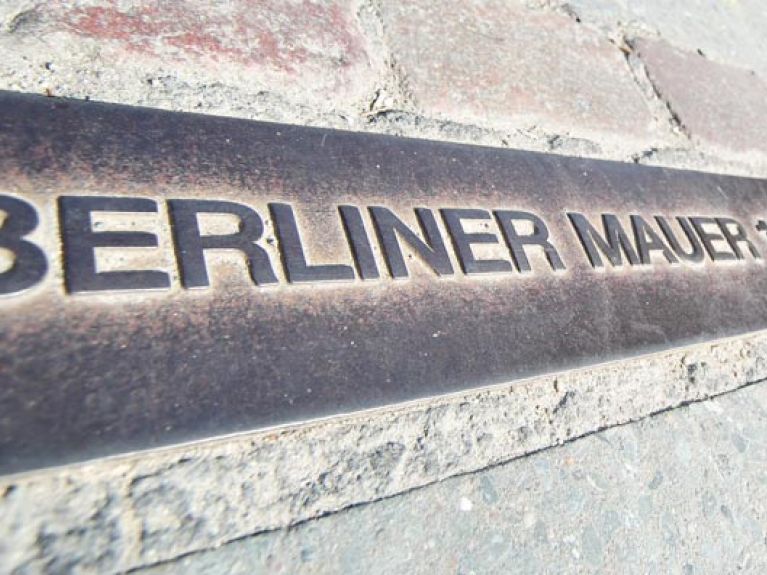2015 – A Year of Decisions
2015 marks the 25th anniversary of German reunification – and a year in which important decisions will be taken about the future.

25 years ago, hundreds of thousands of people from the East and West came together at the Brandenburg Gate to celebrate a huge New Year’s Eve party. Just a few weeks earlier such a spectacle would have been inconceivable. However, the Berlin Wall had fallen on 9 November 1989, and 1990 was to prove the most important year in Germany’s history since the end of the Second World War. The signing of the Two Plus Four Treaty with France, Great Britain, the USA and the Soviet Union on 12 September 1990 in Moscow paved the way for Germany’s reunification and return to full sovereignty. Finally, on 3 October 1990, Germany’s division became history.
This division was a consequence of the Second World War which ended 70 years ago with the surrender of Germany (on 8 May) and, finally, with the Japanese capitulation (on 2 September). A few months earlier, on 27 January 1945, the Red Army had liberated the Auschwitz-Birkenau concentration and extermination camp. On the 70th anniversary of the liberation of the Auschwitz concentration camp, the Berlin Philharmonic Orchestra will stage a special concert to commemorate the victims of the Shoah: in a performance conducted by Sir Simon Rattle, the orchestra will play on violins and cellos belonging to Holocaust survivors and victims. Germany’s Foreign Minister Frank-Walter Steinmeier is the concert’s patron.
It was to take twenty years after the end of the Second World War for diplomatic relations to be established between the State of Israel and the Federal Republic of Germany on 12 May 1965. This was an important date that had been prepared to a major extent on both sides by civil society representatives, who built up bridges again between people in the two countries – particularly in the fields of science and scholarship, culture and sport, as well as with voluntary services such as the “Action Reconciliation Service for Peace”. This will be commemorated by numerous events and projects in 2015.
Future questions such as development and climate change mitigation
Besides historical anniversaries, important conferences are on the international agenda for 2015. Germany’s presidency of the G7 will culminate in a summit of heads of state and government in June 2015. The Group of Seven (G7), comprising Germany, France, Great Britain, Italy, Japan, the United States of America and Canada, will meet at Schloss Elmau in Upper Bavaria at the invitation of German Federal Chancellor Angela Merkel. As well as questions of the global economy and of foreign, security and development policy, the advancement of the Millennium Development Goals and international climate change mitigation will be key issues addressed at the conference. At the Climate Change Conference (COP 21) scheduled to take place in Paris in December, a new treaty to supersede the Kyoto Protocol is to be agreed, stipulating binding climate targets for all 194 member states of the United Nations Framework Convention on Climate Change.
www.bmz.de/de/was_wir_machen/ziele/ziele/millenniumsziele/index.html
